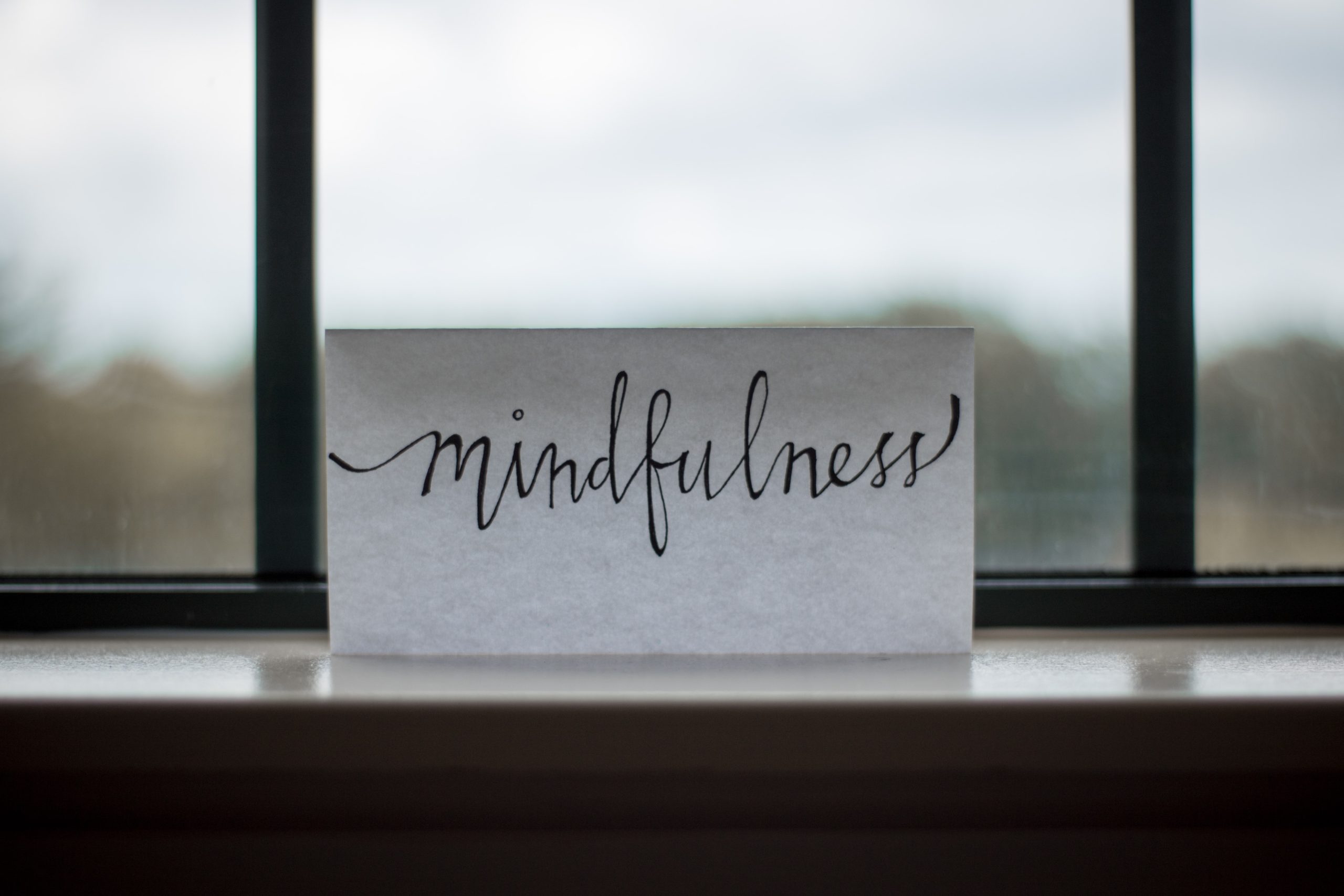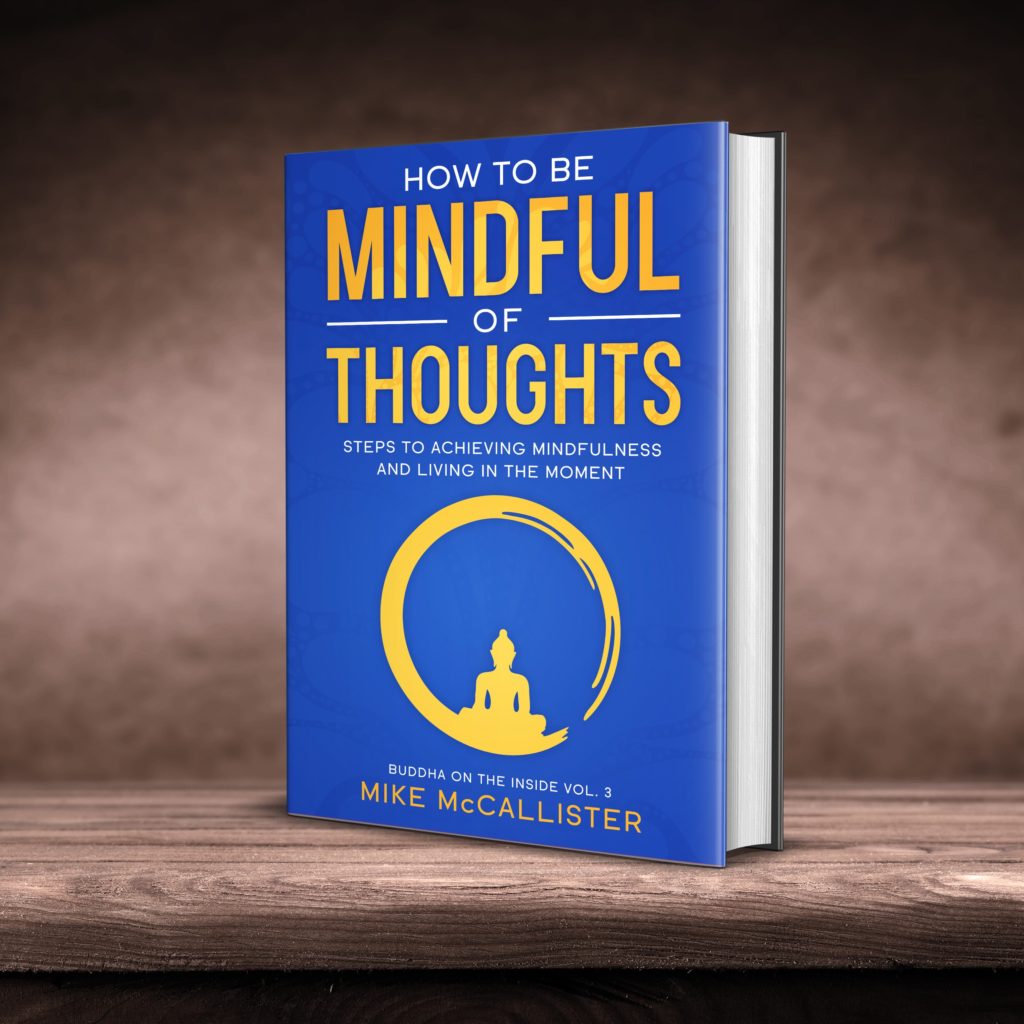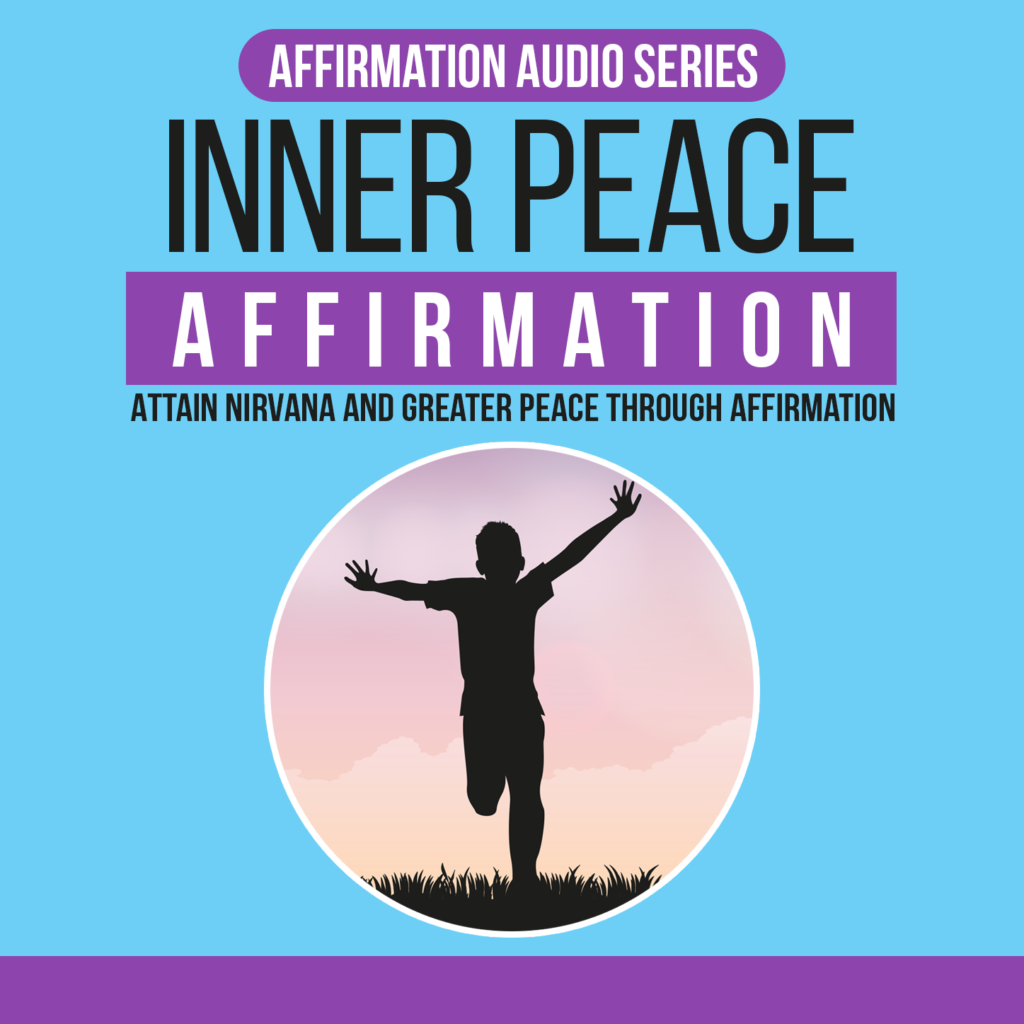
Listen to this episode on the go, on your favorite podcast provider. CLICK HERE for the complete list.
Thich Nhat Hanh, one of the most renowned Buddhist monks and a profound philosopher, once said,
“Live the actual moment. Only this actual moment is life.”
Every moment that we experience brings with it something unique. That said, we often let these moments slip through our fingers by fixating on the past or the future.
Let me give you an example:
How many times have you found yourself preparing a meal, and adding too much salt because you wandered off in thought? When was the last time you took a shower feeling utterly relaxed? How many times was it because you did not let yourself worry about the series of chores lined up for the day?
If the answers are disappointing, this shows you that you hardly ever live in the moment.
Don’t be hard on yourself, though; we all suffer from stress, anxiety, worry, depression, lack of focus, mental tension, and other problems. All because we are not in the moment – it happens to a majority of us.
The solution to not living in the moment is by practicing mindfulness, living in the moment.
Through mindfulness, you get to:
- Slow down your thoughts
- Become aware of what’s around you
- Know what’s going within you
- Become aware, and accept things or feelings as they are
- And much more
…All without wishing things were different.
Let’s learn more about mindfulness so that you understand why you should make it part of your life.
What is Mindfulness?
Mindfulness refers to a state of mind when the mind is entirely focused and attentive to what is happening at the moment.
When you are mindful, you know what you are doing at the moment; how you are doing a specific task; as well as the surrounding environment.
This may seem trivial to you right now, but the truth is that our mind often takes a flight from the tasks we have at hand. We simply lose touch with our mind and body and become engrossed in many obsessive thoughts about our past or future.
The state of not being present in the moment is known as forgetfulness.
Mindfulness entails being completely present, aware of yourself, and space you are in and accepting everything that comes at that moment fully.
What Mindfulness Entails
Mindfulness simply encompasses complete acceptance of the moment with a peaceful and nonjudgmental attitude. It means that you need to fully accept whatever happens at the moment without judging it, attaching any labels to it, and wanting it to be something else.
If you feel angry at the moment, with mindfulness, you have to embrace your anger without labeling it as negative or bad. If you are stuck in a traffic jam, you accept it for what it is instead of thinking of how you could have avoided it.
When you are fully and deeply mindful of the moment, you stop wanting to be somewhere else and just live in the present with complete wakefulness and peacefulness. This very change allows you to live a better, more meaningful life.
How Mindfulness Works
The majority of the problems we face today stem from not being mindful. We feel stressed because we worry about the things that have gone wrong, or that may go wrong.
Also, we become anxious when we become fixated on the worst-case scenario of things. We lose focus when we overthink stuff or let our minds drift off into thought. We become unhappy when we don’t acknowledge our blessings.
Our productivity decreases when we don’t actively engage with the task at hand. We have relationship problems when we don’t focus on what matters. Our direction in life is lost when we lose our spiritual connection. We suffer from anger and other emotional issues when we don’t understand our emotions.
If only we embrace the moment and focus on how to be genuinely mindful of it, we can overcome all these issues.
Mindfulness allows you to shift your awareness from everything else to only the present moment – the now. Being present then relaxes your racing mind, creates space between chaotic thoughts, and enables you to be one with the moment.
Mindfulness also improves the volume of the grey matter of your brain, something which helps you to think, focus, and live better. Your sense of awareness and perspective grows, and you start to perceive things from a calmer, more accepting attitude. This, in turn, gives you a break from all the chaos, confusion, and disruption in your life and allows you to move forward with clarity, focus, and acceptance.
We shall explore the science behind the effectiveness of mindfulness, its benefits, and the habits of mindful leaders in the subsequent posts.

In my book – How To Be Mindful Of Thoughts: Steps To Achieving Mindfulness And Living In The Moment (Buddha on the Inside Book 3), I discuss various other approaches you can use to increase mindfulness. Get your copy and see your productivity at work increase rapidly.
Written with beginners in mind, It will teach you:
- The basics of mindfulness, including what it really is, what it entails, how it works and more
- Why you need to nurture mindfulness
- How mindfulness and leadership coexist
- How to transform your life with different mindfulness techniques
- How to observe your thoughts, manage your emotions and feel good with mindfulness-based meditative techniques
- How to make mindfulness part of your everyday life to derive all its benefits
…And so much more!

Get your friends and family to practice mindfulness too with the widely acclaimed The Ultimate Inner Peace Affirmation Audio Series To Attain Nirvana!



